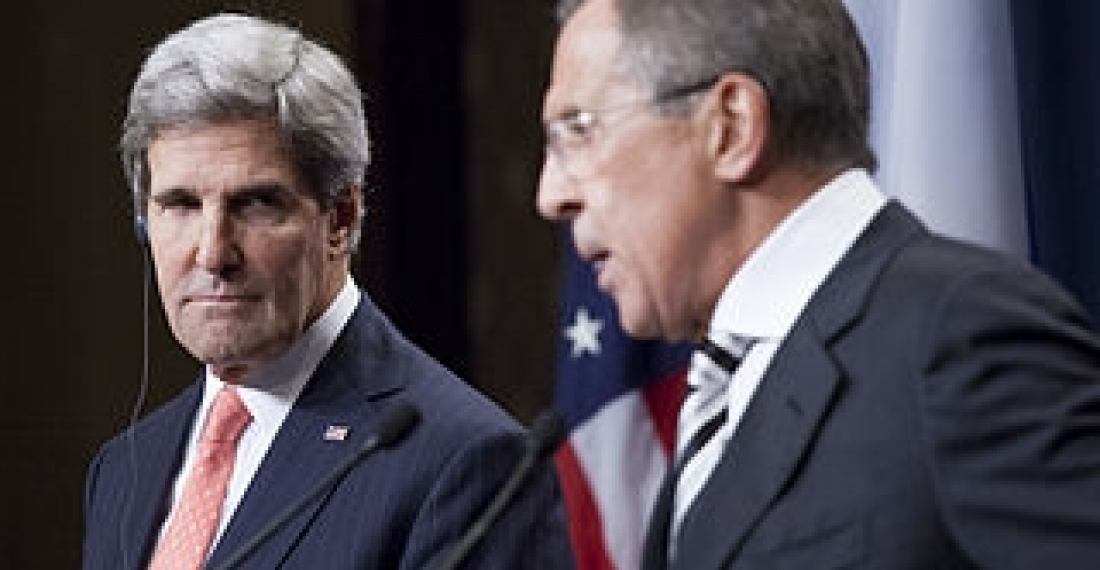The US Secretary of State and Russian Foreign Minister discussed the ongoing crisis in Nagorno-Karabakh by phone yesterday, with both John Kerry and Sergei Lavrov urging an end to hostilities.
Dozens have been killed, including civilians, in the worst fighting since a 1994 ceasefire.
"Secretary Kerry urged Russia to comply with its Minsk commitments," Mark Toner, a State Department spokesman, told journalists in Washington.
Both the US and Russia, along with France, are co-chairs of the Minsk Group, the Organisation for Security and Cooperation in Europe team which is working to find a solution to the Karabakh conflict. Both Kerry and Lavrov have reiterated their faith in the Minsk process in recent days.
Lavrov spoke with the foreign ministers of Armenia and Azerbaijan by phone over the weekend, while Russian Defence Minister Sergey Shoygu has also spoken to his counterparts. Russia has a key role as the major regional power, selling arms to both parties.
Kerry met President Ilham Aliyev of Azerbaijan, and President Serzh Sargsyan of Armenia, on the sidelines of a nuclear summit in Washington last week, just before the fresh hostilities broke out in Karabakh. Kerry has not spoken with either leader since the recent fighting, his department confirmed.
Both the Americans and Russians have said there is no military solution to the conflict.
“Ultimately, it is up to the leaders of these two countries, Armenia and Azerbaijan, to find the political will to reach peace, to reach a ceasefire, and to achieve a lasting peace to the ongoing conflict,” said Mark Toner.
“The violence over the weekend only exacerbates the situation, only increases tensions,” he said, reiterating US support for a solution based on the principles of international law, the UN Charter, and the Helsinki Final Act.
SOURCE: US State Department, agencies
PHOTO: Secretary Kerry urged Russia to comply with its Minsk commitments






